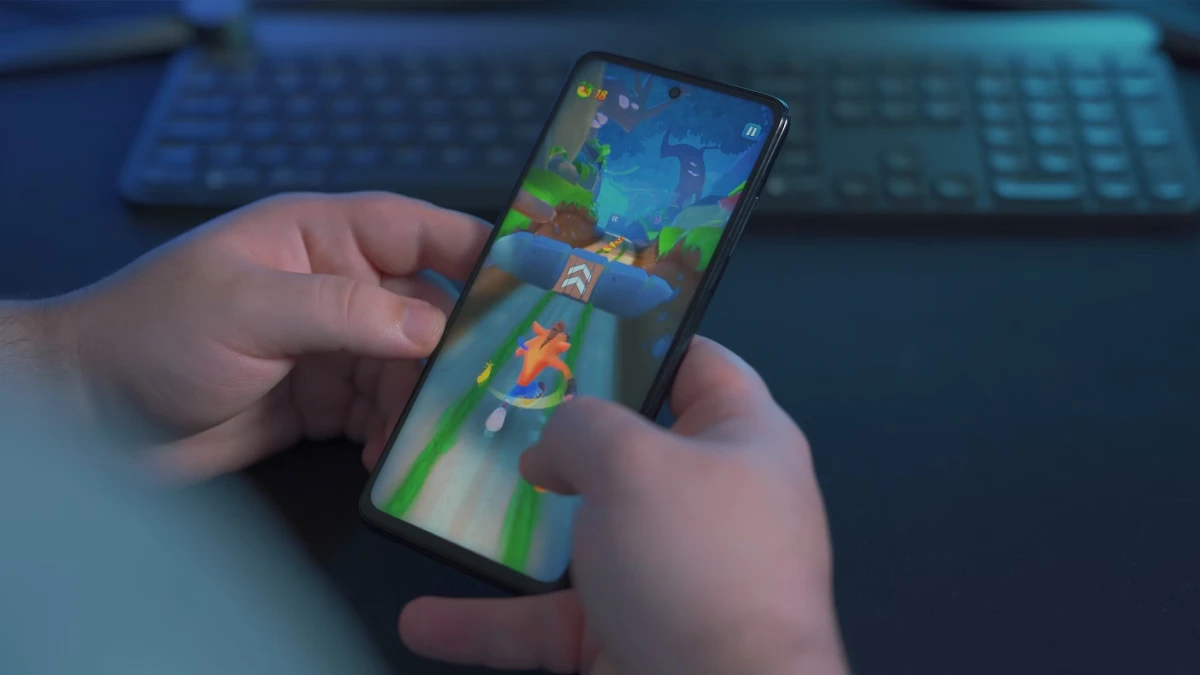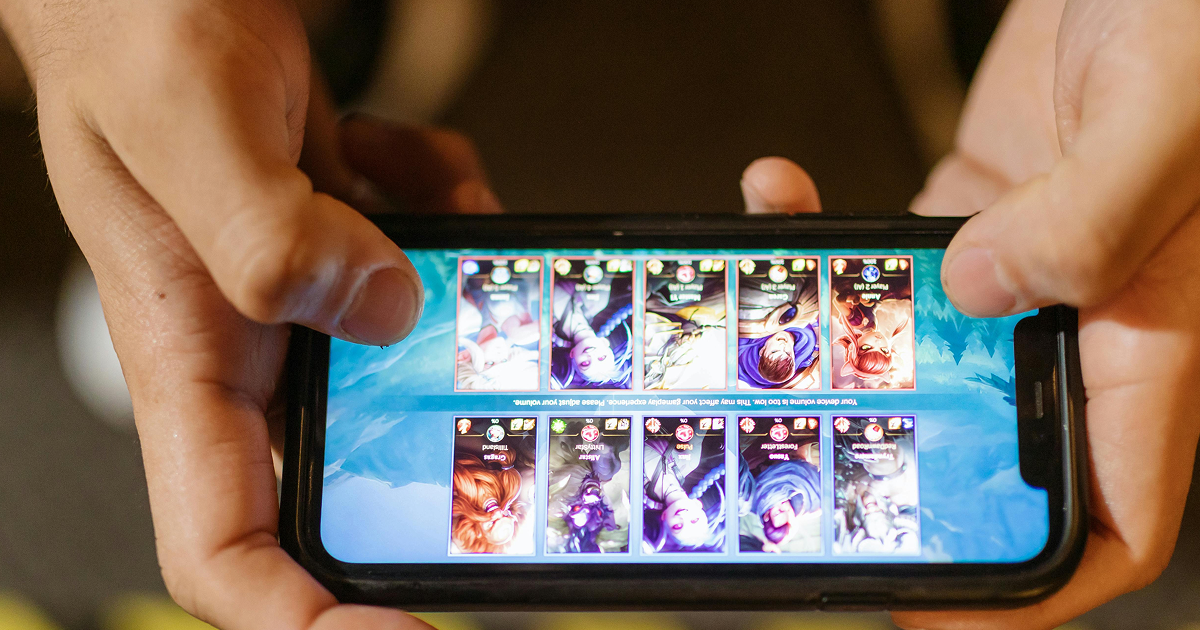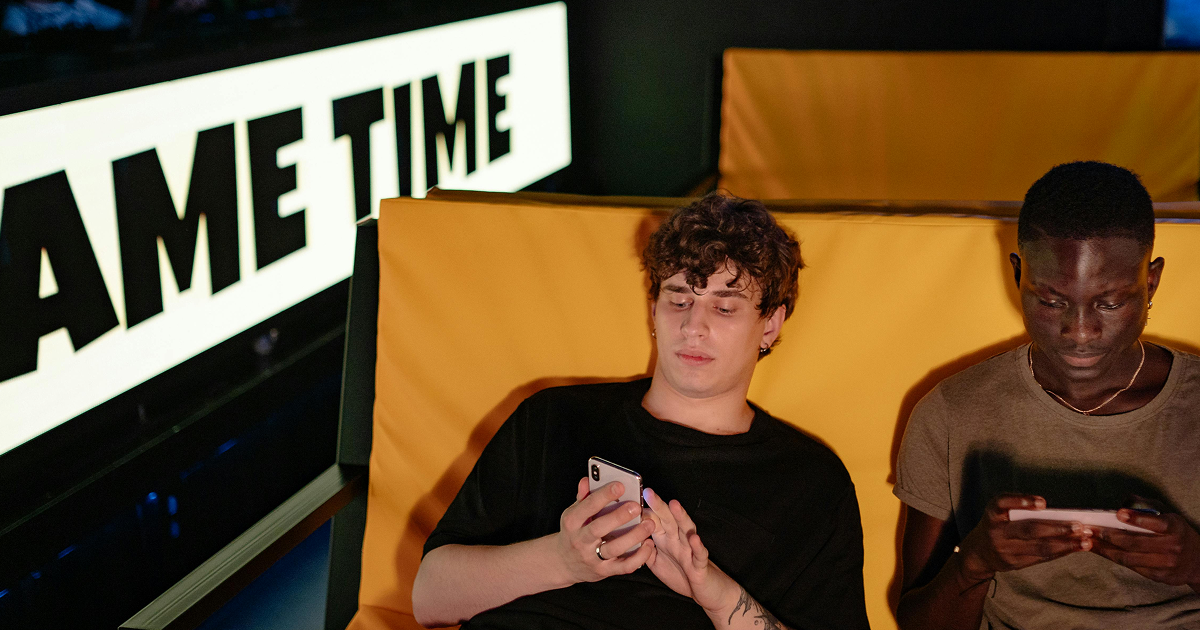Is a High Refresh Rate Essential for Gaming Mobiles?

In the case of gaming smartphones by 2025, the phrase “high refresh rate” gets often mentioned in the hopes that it’s the magic ingredient that can transform the average gamer to a professional. But is a higher refresh rate really so important in gaming mobiles? Or is it just a bit of tech terminology designed to empty your pockets? Let’s dissect it so that you can concentrate on gaming, and less understanding the specifications.
Key Takeaways
- High refresh rates make gaming smoother and more enjoyable.
- They’re crucial for competitive and action-packed games.
- Phones with adaptive refresh rates can help balance performance and battery life.
- Many budget gaming phones now offer high refresh rate displays.
- Choose a refresh rate based on your gaming habits and preferences.
- Touch response also improves with higher refresh rates.
- Not all games fully utilize a 120Hz or 144Hz screen.
- Flagship gaming smartphones excel in providing the best performance and visuals.
- Even affordable phones under 30K now offer 120Hz displays.
- Decide based on what truly matters: smoother gameplay or longer battery life.
What’s the Deal with Refresh Rates?
Simply stated, the refresh speed (measured by Hz) will tell you how often the screen refreshes its image within a second. For instance 60Hz displays refresh every second 60 times, whereas 120Hz displays do it twice as frequently.
The higher refresh rates, which can be found in high-resolution gaming phones, makes motion appear more fluid. This results in fewer instances of fast-moving objects or characters feel blurred. This is the difference between blurred image and being able to see every tiny aspect of your opponent’s move.
Related
Why Does It Matter in Gaming?

- Smooth Gameplay = Better Control
If you’re in the middle of games like PUBG or Call of Duty, a 120Hz refresh rate will help you maintain a steady pace, rapid action, and ensures that your screen won’t freeze in the most threatening of situations, like when you’re being chased by that single camping player. - Enhanced Responsiveness
A high refresh rate coupled with a responsive touchscreen results in lightning-fast responses. It’s like your gaming phone already knows what you’re looking to accomplish before you’ve even tapped. Hello, competitive edge! - Immersive Visuals
If you’re looking for a phone with the highest quality graphic performance for games, the fast refresh rate makes sure that animations are smooth and silky smooth. It turns gaming into an experience that is so that you’ll be able to feel as if you’re playing your own game (minus the actual risk of zombies and laser beams).
Is It Really a Must-Have?
This is the truth that a high refresh rate is definitely amazing however, not every gamer or game requires it. People who play casually and stick with games that require a single player are able to get by with a decent 60Hz or 90Hz smartphone. If you’re searching for the top phones for mobile esports where quick decisions can make or break matches and games, an increased refresh rate can make a significant difference.
Remember: battery life could be impacted by gaming phones that have the highest performance if you’re operating at the highest Hz. The good news is that most phones have adjustable refresh rates to reduce battery usage when not playing.
Are High Refresh Rates Budget-Friendly?
Surprisingly, yes! Many of the most affordable gaming phones for under $30K come with 120Hz displays. Companies like Poco as well as Realme have ensured you get the best performance without having to sell your kidney. Also, whether you’re dipping into gaming reviews or searching for gaming phones that cost less than 30K, there’s something to suit everyone.
Final Verdict
Do you require a high rate of refresh for gaming? If you’re competitive and play graphics-intensive games or require the smoothest graphics possible Absolutely! However, for casual gaming, a basic refresh rate should be just perfect. It’s about finding the right balance between performance, graphics and, of course, the amount you’re willing and able to spend.
FAQ
-
It’s the number of times a screen updates its image per second, measured in Hertz (Hz).



